FASST Detection
FASST (Fast, accurate, specific, and simple test) is a next-generation isothermal nucleic acid detection technology with high sensitivity and specificity, which is developed based on CRISPR detection. FASST relies on the synergistic action of multiple enzymes at room temperature to achieve rapid amplification of nucleic acids. Doubled specificity and higher signal amplification. It is a real POCT technology.
Traditional CRISPR detection is a two-tube method, which is complex to use and has higher chance of pollution. Hence a single-tube method was introduced, but the weaknesses of low sensitivity and time consuming are limiting its application. FASST technology solves all issues of two-tube method and single-tube method. Utilizing our protein purification platform to optimize the Cas enzyme, and combining our unique crRNA design principle and self-designed reporter, FASST is able to achieve higher sensitivity detection in one tube. Simplify the operation steps, reduce pollution risks, and solve the weaknesses of traditional CRISPR detection.
Advantages of FASST
Applications
1. Reagents and materials : FASST technology can be used to produce high-quality diagnosis research reagents, providing raw materials for diagnostic reagent manufacturers.2. Animal disease test kit: FASST increases equipment utilization by 50 times, achieving high-throughput detection in husbandry farms.
3. POCT: No need for heavy instruments, quick testing, real POCT for nucleic acid testing.
4. Home test: FASST technology is fast and easy-to-handle. Meets the needs of home testing, making it more private and secure.
Case study
1. Toxoplasma gondii detection: FASST technology was used to detect nucleic acid samples stored in refrigerators for two years. The results were obtained within 20 mins, and were completely consistent with qPCR tests; Within 10 mins, the detection results indicate that when the Ct value is ≤33, the coincidence rate with qPCR detection results is 100%.
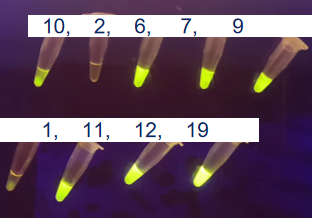
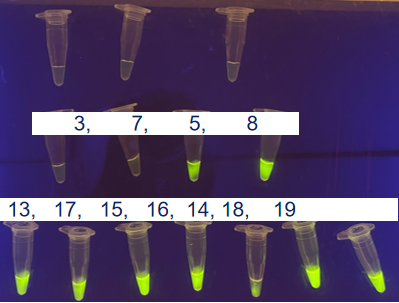
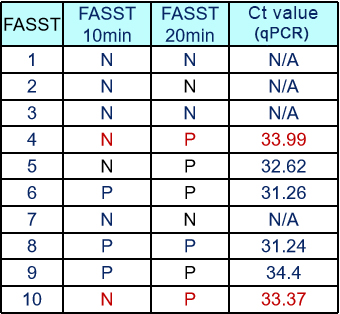
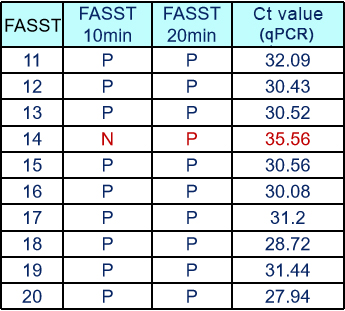
2. EHDV detection: targeting EHDV seg9, FASST technology can detect 1000 copies within 5 mins, 50-100 copies within 10 minutes.
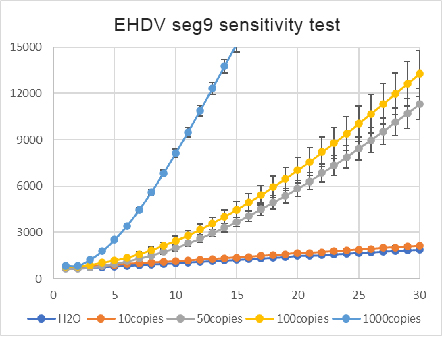
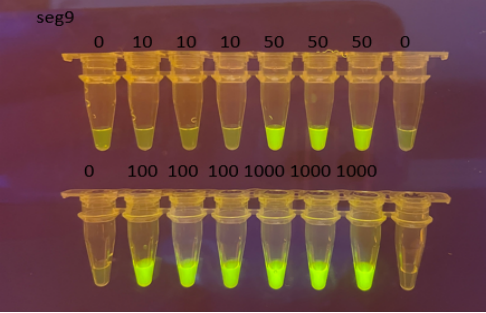
3. African swine fever virus detection: Using ASFV 1070 to detect African swine fever virus, FASST technology can detect 1000 copies within 10 minutes, 50 to 100 copies within 20 minutes.
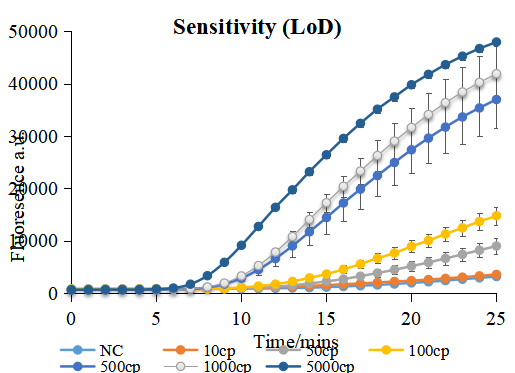
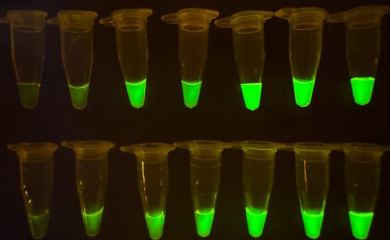
4. Rapid detection of Salmonella: After 3 hours of enrichment, the detection limit in chicken sample is 10² CFU/mL, which is equivalent to the sensitivity of QPCR; The detection limit in egg samples is 10 CFU/mL, with better sensitivity than QPCR. General rapid test requires 9-12 hours of enrichment.
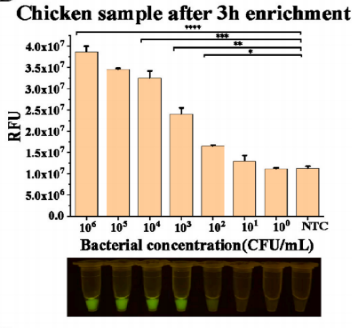
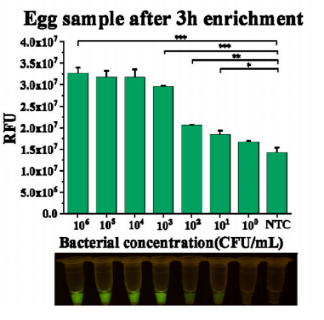
Related service
● Custom CRISPR diagnosis development : EDITGENE provides professional CRISPR diagnosis development custom service, help you with your CRISPR detection project! Talk to our expert now >>
![]()










![[Literature Review] A Novel Mechanism of Cisplatin Resistance in Osteosarcoma: CRISPR Screening Identifies Key Regulators in Organoid Models](/uploads/20250527/bL2GJjteMDvzmZys_53c82bdd67704fe0e159246934f924ee.png)
![[Quality Share] Decoding Point Mutations: A Comprehensive Guide to Three Common Construction Methods](/uploads/20250328/ESzk5OC49wpxIHVv_3cbfa5e98ea1d238127fe23c72b0f4b2.png)

Comment (4)